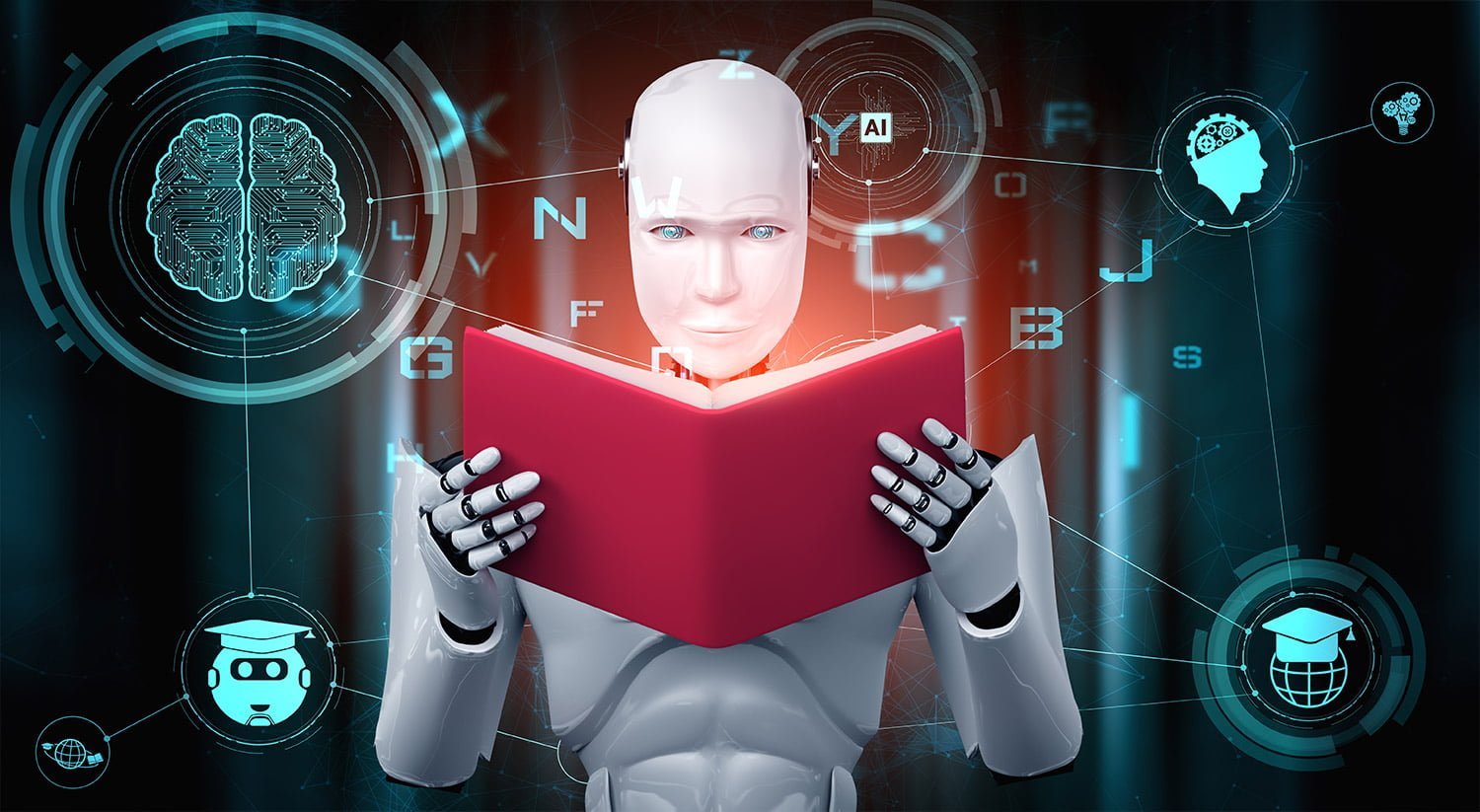
As an SEO Manager and technology enthusiast, I am fascinated by the potential of artificial intelligence (AI) to revolutionize our world. However, I understand that for many people, AI can be a daunting and mysterious concept.
Therefore, I am here to provide you with a comprehensive guide to understanding AI, from the basics to the future.
Fundamentals of Artificial Intelligence
Essentially, AI refers to the ability of machines to perform tasks that typically require human intelligence. This includes items such as:
- Speech recognition.
- Decision making.
- Problem solving.
AI systems can improve their performance over time by learning from data.
There are various types of AI:
- Machine learning.
- Natural language processing.
- Robotics.
These technologies have a wide range of applications, including healthcare, finance, transportation, and entertainment.
History of Artificial Intelligence
Artificial intelligence (AI) has been in existence for several decades, with the first AI program developed in the 1950s. However, it wasn’t until the 21st century that AI made significant progress, thanks to advances in computing power, data storage, and algorithm development.
One of the most significant breakthroughs in AI was the development of deep learning, which enables AI systems to learn from vast amounts of data.
The development of AI applications, including self-driving cars, virtual assistants, and image recognition, has resulted from this.
The mysteries surrounding artificial intelligence
The field of artificial intelligence is intriguing, but also raises concerns about job security. Despite these concerns, experts predict that AI will create more jobs than it eliminates.
One of the most fascinating mysteries surrounding AI is whether it possesses consciousness.
Although AI can perform complex tasks, it lacks the emotions and self-awareness associated with human consciousness.
This has sparked a debate about the ethics of AI development and use. The possibilities and innovations that will emerge as we continue to explore and understand this revolutionary technology are exciting.
Types of Artificial Intelligence
As mentioned earlier, AI has various types. Machine learning is one of the most common, where AI systems are trained to learn from data. Natural language processing involves AI systems’ ability to understand and respond to human language.
Robotics combines AI with physical machines to perform tasks such as manufacturing and assembly.
The Benefits of Artificial Intelligence
AI provides many benefits, including improved efficiency, accuracy, and productivity. AI systems can perform tasks faster and more accurately than humans, resulting in significant time and cost savings. Additionally, they can analyze vast amounts of data to identify patterns and make predictions, which can be valuable to businesses and organizations.
AI can also enhance healthcare outcomes, with applications such as personalized medicine and disease detection. Furthermore, AI has the potential to address critical global challenges, such as climate change and poverty.
Risks and Concerns Related to Artificial Intelligence
While AI has many benefits, there are also risks and concerns to be aware of. One of the most significant risks is the possibility of AI being used for malicious purposes, such as cyberattacks and surveillance. Additionally, the impact of AI on privacy and its potential to reinforce societal biases are also concerning.
Another issue is the possibility of AI making harmful or unethical decisions.
Therefore, it is crucial to ensure that AI is developed and used in an ethical and responsible manner.
Understanding artificial intelligence
To comprehend AI, you require a fundamental understanding of computer science and programming. Nonetheless, you don’t need to be an authority to learn about AI. There are numerous online courses, tutorials, and resources accessible to assist you in getting started.
It’s also crucial to stay current with the latest AI advancements. This may involve perusing news articles, attending conferences and workshops, and following experts in the field.
Tips for learning more about AI
If you are interested in learning more about AI, here are some tips to get you started:
- Take an online course on AI or machine learning
- Attend an AI conference or workshop
- Follow experts in the field on social media.
- Read books and articles on AI
- Experiment with AI tools and applications
The future of artificial intelligence
The future of AI is full of possibilities and exciting. Advances in machine learning, natural language processing, and robotics are expected. AI will also help address pressing global challenges, such as climate change and healthcare.
However, it is crucial to develop and use AI ethically and responsibly.
This includes addressing concerns about privacy, bias, and decision-making.
Conclusion
In conclusion, artificial intelligence (AI) is a rapidly evolving field with the potential to revolutionize our world.
However, there are also risks and concerns that must be addressed.
By staying informed about the latest developments in AI, we can prepare for the future.
To keep up with the latest trends in technology, learn languages, discover new places, and immerse yourself in different cultures, visit Talkao’s blog.
REMEMBER !!!
Do not hesitate to visit our Talkao website and contact us for any questions or problems you may have, and of course, take a look at any of our blog articles.









Newsletter